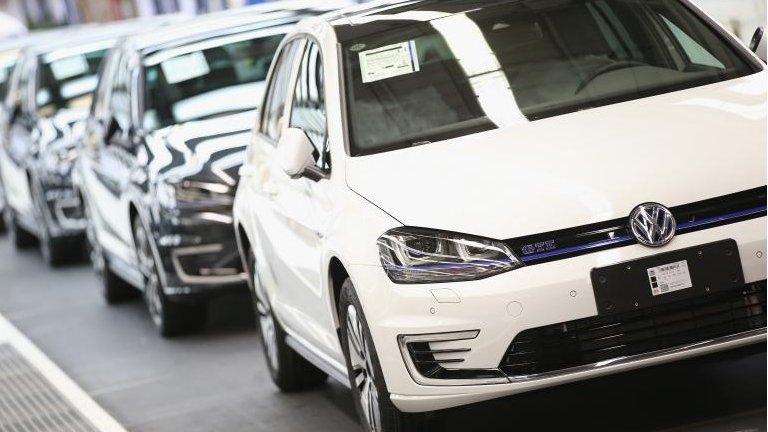Volkswagen says 800,000 cars may have false CO2 levels
- Published
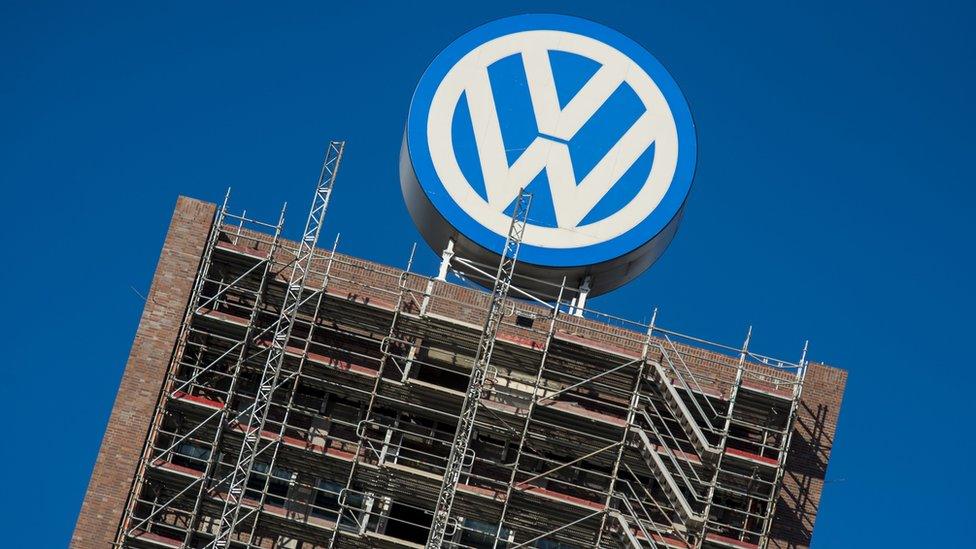
Shares in VW have dropped after it reported "irregularities" in carbon dioxide emissions levels, which could affect about 800,000 cars in Europe.
An internal investigation by the firm into diesel emissions revealed that CO2 emissions and fuel consumption were understated during standards tests.
VW said it concerned mainly diesel but also some petrol models and could affect VW, Skoda, Audi and Seat cars.
It comes weeks after VW was accused of cheating nitrogen oxide level tests.
Cars with 1.4, 1.6 and 2.0 litre motors are thought to be releasing more of the greenhouse gas, CO2, than previous tests had shown.
The firm estimated the problem could cost about €2bn (£1.4bn).
VW has already put aside €6.7bn (£4.7bn) to meet the cost of recalling 11m diesel vehicles worldwide that were fitted with so called "defeat devices" that circumvented tests for emissions of nitrogen oxides.
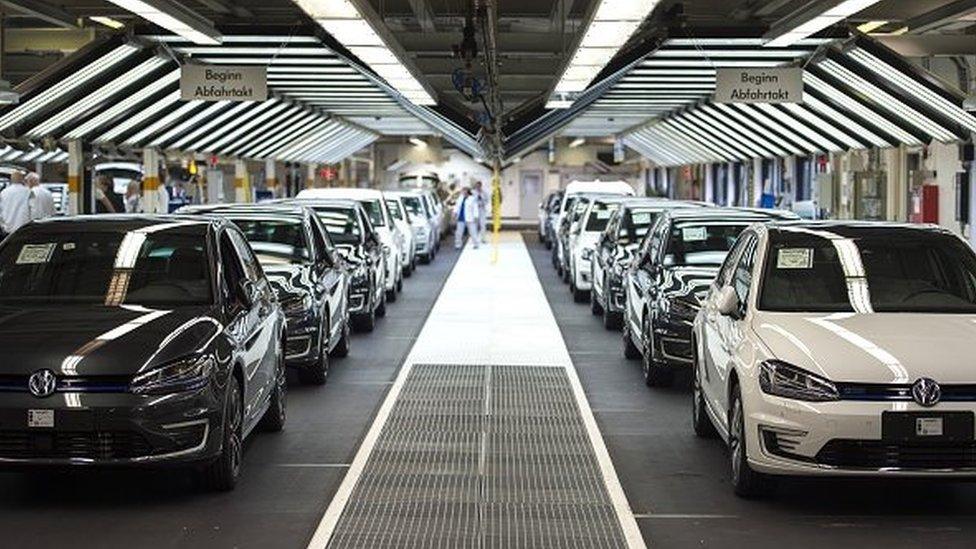
VW shares fall
The scandal was revealed in September by US regulators who said the software detected when vehicles were undergoing emissions tests and changed the way they operated.
On Monday US authorities also accused VW of fitting nitrogen oxide defeat devices on its larger 3.0 litre diesel engines used in luxury sport utility vehicles for Porsche, Audi and VW.
VW has denied those particular charges made by the Environmental Protection Agency (EPA).
Porsche also denied the allegations but its North American division has announced it is discontinuing sales of Porsche Cayenne diesel sport utility vehicles until further notice.
On the Frankfurt Stock Exchange, shares in VW were down by more than 4% in afternoon trading.
The company's shares have lost about a third of their value since September, when the diesel emissions scandal first broke.
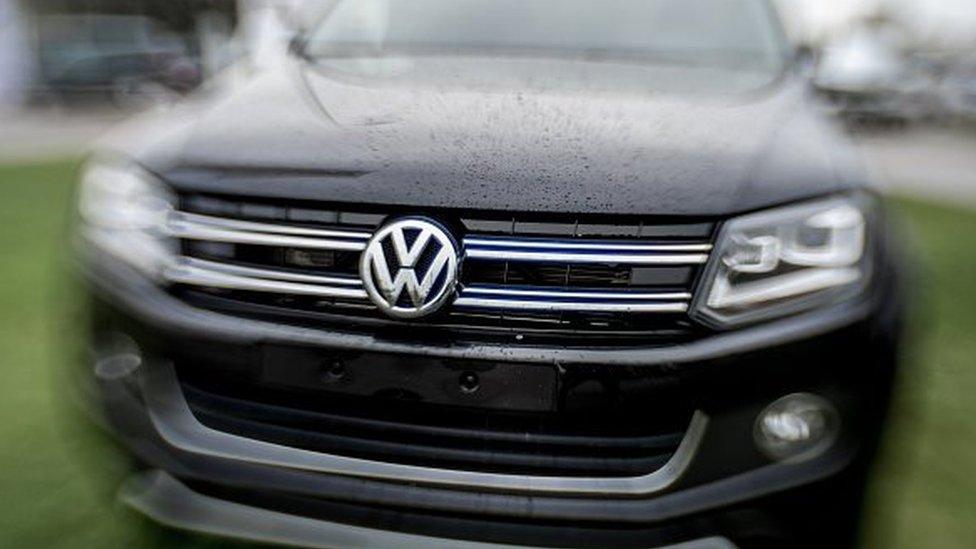

Analysis by Theo Leggett, BBC News
The dirty laundry is piling up at VW. Yesterday, it faced new accusations of distorted emissions tests from American regulators (which it rejects); today it announced its own investigations have uncovered "irregularities" in a completely different part of the testing and approval process.
VW's shareholders could be forgiven for wondering just what else is going to come to light, what other "irregularities" might have gone unnoticed in the company's recent rush for growth, as it sought to become the world's best-selling carmaker.
Customers could also be forgiven for feeling rather bemused.

'Deeply concerned'
Volkswagen has not said whether or not it believes the latest irregularities were caused by deliberate action.
Matthias Mueller, VW's chief executive, said: "From the very start I have pushed hard for the relentless and comprehensive clarification of events. We will stop at nothing and nobody. This is a painful process, but it is our only alternative. For us, the only thing that counts is the truth."
The firm's board will talk to regulators about the consequences of its discovery, the firm said in a statement, adding that "the safety of the vehicles is in no way compromised".
The supervisory board issued a separate statement saying it was "deeply concerned" and promising "to ensure swift and meticulous clarification".
Arndt Ellinghorst, who used to work for VW and is now head of automotive research at investment firm Evercore said: "We estimate the whole recall will cost VW around €28bn over time. Even that is manageable but if this goes further then VW might have to start selling parts of their business."
"The question is how painful will it be to change the culture (at VW) and how long will it take the new management."
VW new emissions scandal allegations: Culture of fear
'Increasing gap'
Automotive engineer John German works for the International Council on Clean Transportation, a non-profit organisation dedicated to reducing vehicle emissions and is credited with helping to uncover the VW emissions scandal.
He said while VW is in the spotlight, the entire auto industry needs to look at emissions in general.
"There's an increasing gap between CO2 measured on test procedures (across the industry) and that reported by people in the real world."
"Manufacturers are exploiting flexibility, tolerances and loopholes in the regulations to be able to show lower emissions on the official test cycles, but they aren't necessarily being implemented in the real world."
The car industry agrees that real world testing is necessary. Industry associations in the UK and Europe have been working with the European Commission to devise a real world emissions test, which is due to begin for new cars from September 2017.
Despite the scandal VW's sales in the US rose in October.
- Published4 November 2015
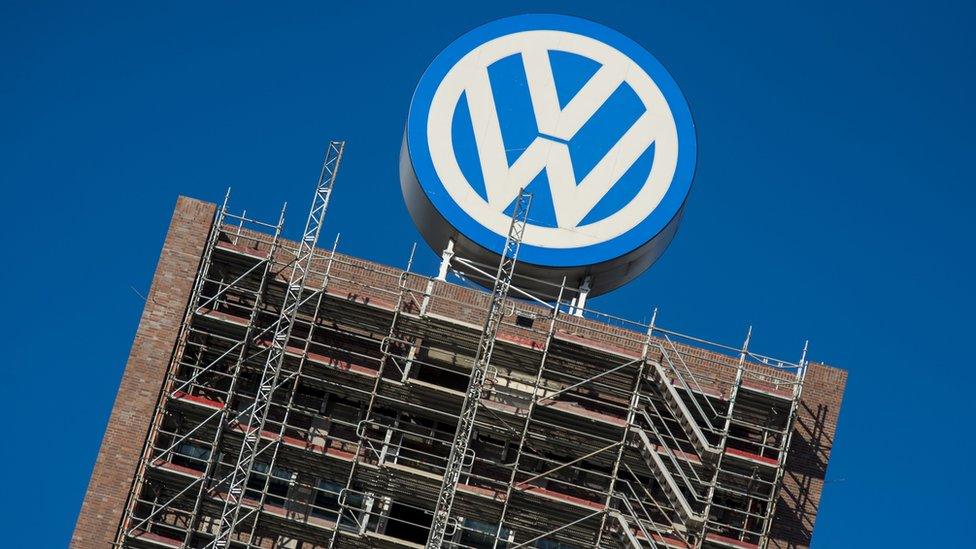
- Published10 December 2015
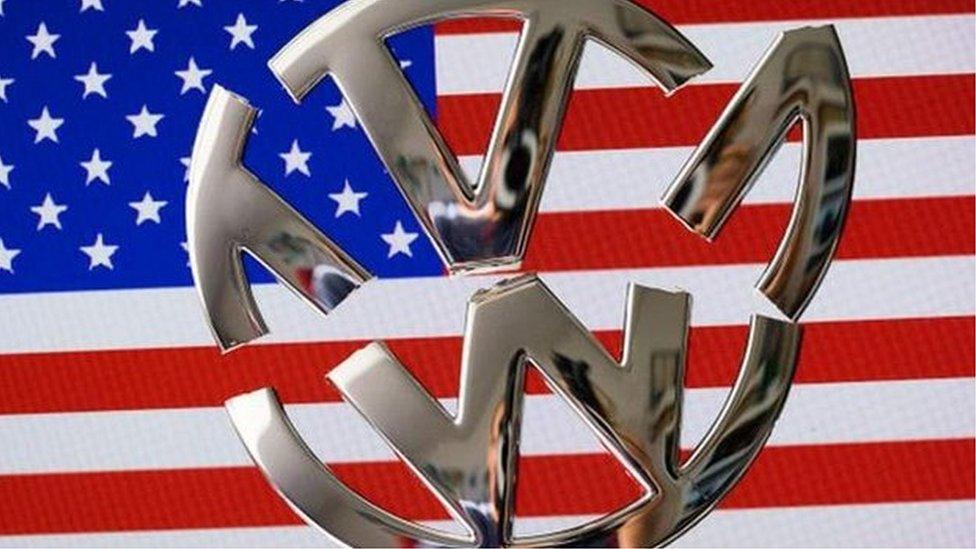
- Published4 November 2015
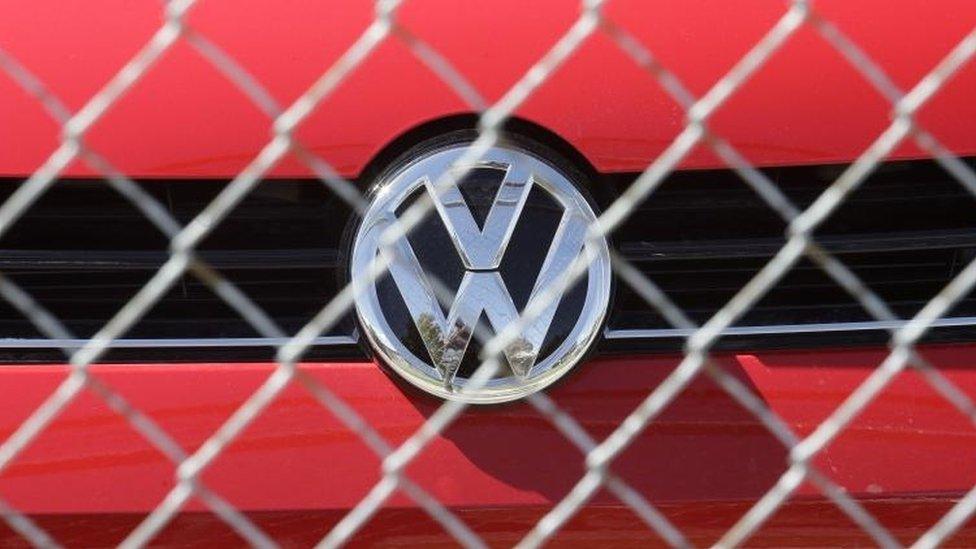
- Published24 September 2015
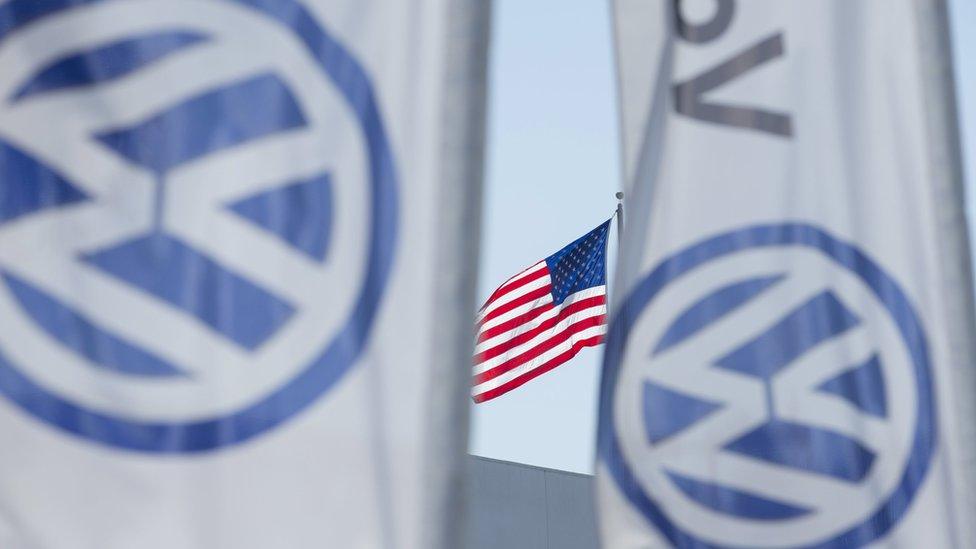
- Published28 October 2015
